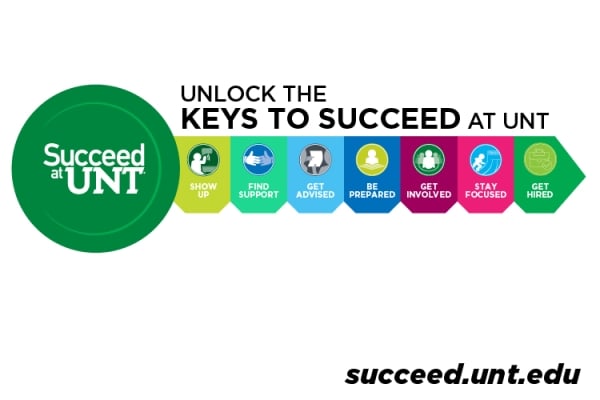Program Innovation: A Canvas Course for Orientation
In today’s fast-paced world, innovation is key to success. Whether it be in business, education, or any other field, staying ahead of the curve and embracing new technologies is essential. This is particularly true in the realm of education, where the need to engage students in new and exciting ways is ever-present. One way that institutions are innovating in this space is through the use of online learning platforms like Canvas.
Canvas is a popular learning management system that allows educators to create and deliver online courses to students. It provides a user-friendly interface that makes it easy for both teachers and students to navigate, and offers a wide range of tools and features that enhance the learning experience.
One area where Canvas is being particularly well utilized is in orientation programs for new students. Traditionally, orientation programs have been held in person, with students attending sessions on campus to learn about the institution, its resources, and what to expect in the coming weeks and months. However, with the rise of online learning, many institutions are now turning to platforms like Canvas to offer virtual orientation courses.
These courses are designed to give new students all the information they need to navigate their new environment and succeed in their studies. They cover topics such as campus resources, academic expectations, student services, and more. By offering this information in an online format, institutions are able to reach students who may not be able to attend an in-person orientation, and provide them with a convenient and accessible way to learn about their new school.
One of the key benefits of using Canvas for orientation programs is the ability to customize the content to meet the specific needs of each institution. Educators can create interactive modules that include videos, quizzes, discussions, and other interactive elements to engage students and ensure that they are retaining the information being presented. This can help to increase student engagement and satisfaction, and ultimately lead to better outcomes for both the students and the institution.
Another advantage of using Canvas for orientation programs is the ability to track student progress and assess learning outcomes. Educators can monitor which students have completed the course, how they performed on assessments, and where they may need additional support. This data can be used to improve future orientation programs and ensure that students are getting the most out of their online learning experience.
In conclusion, program innovation is essential in the field of education, and online learning platforms like Canvas are a powerful tool for institutions looking to enhance their orientation programs. By offering virtual orientation courses, institutions can reach a wider audience, offer a more engaging learning experience, and track student progress to ensure that they are well-prepared for their studies. With the right approach and resources, institutions can use Canvas to create innovative and effective orientation programs that set students up for success in their academic careers.



